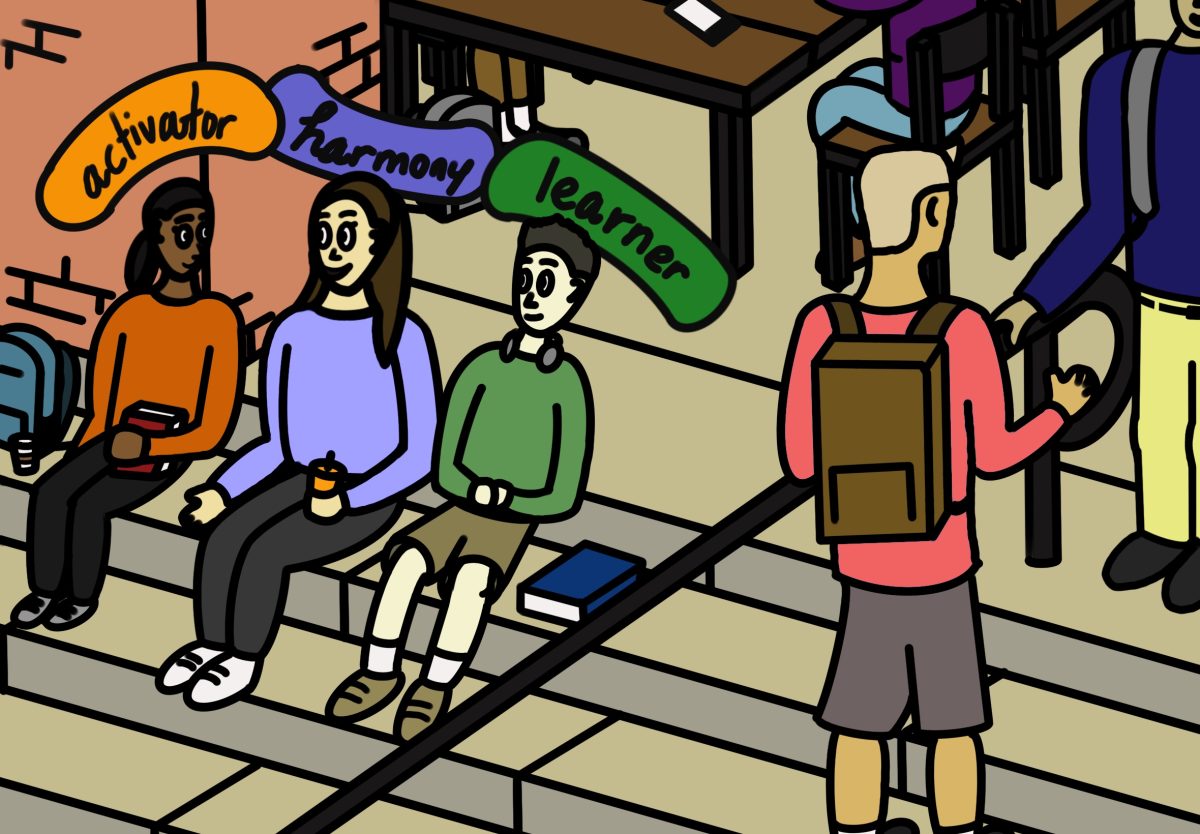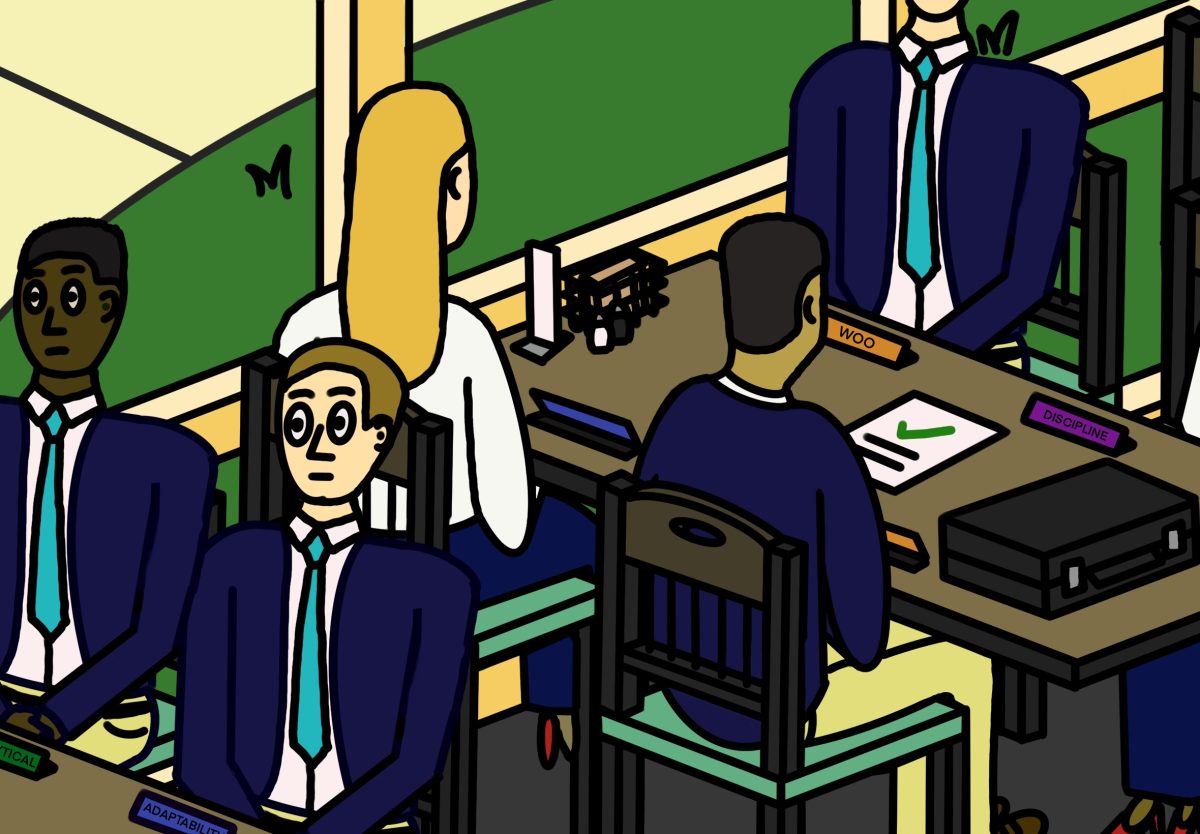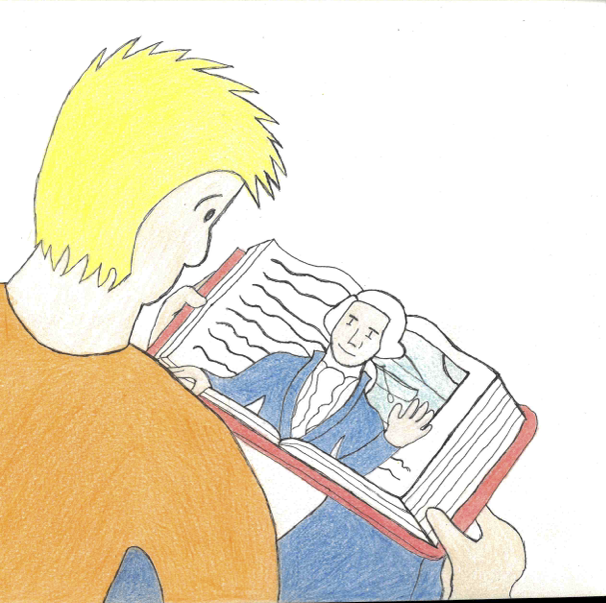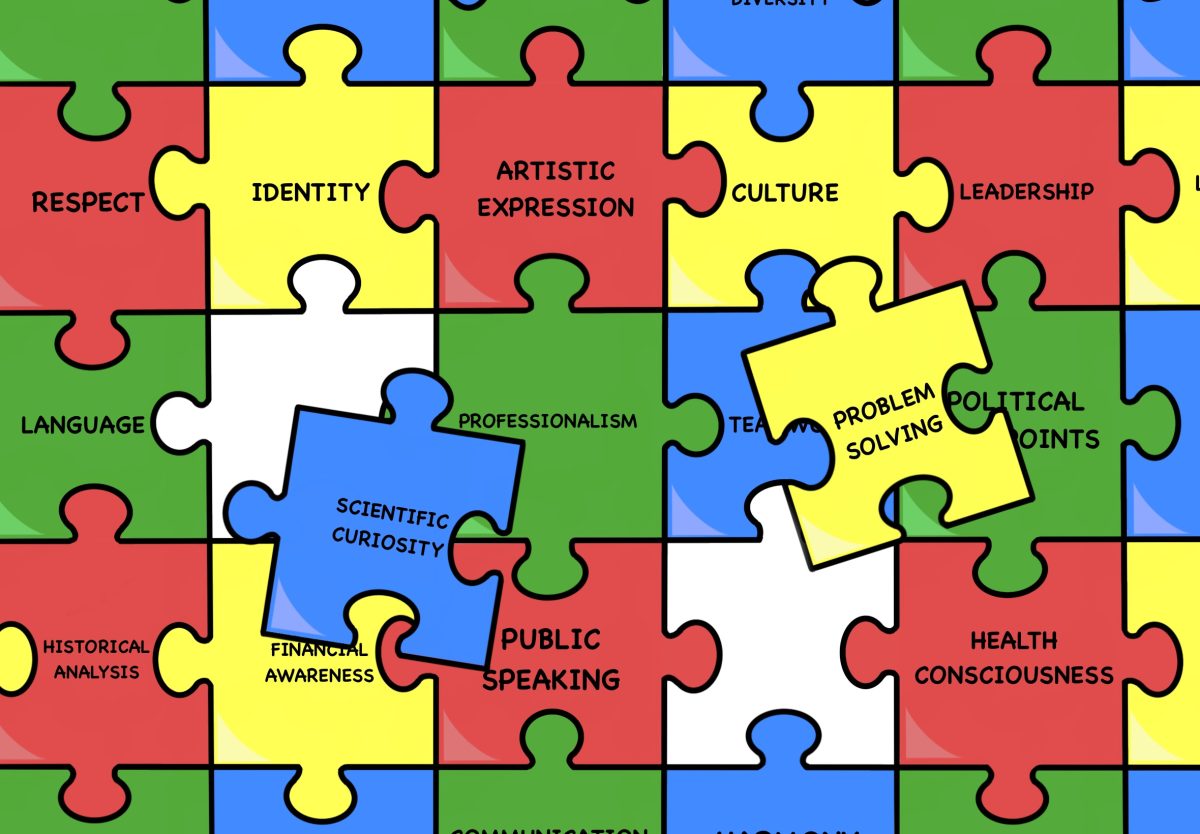A society is no longer a democracy when it can legislate the outcome of elections. Recently, a number of state legislatures have passed laws requiring voters to provide specific kinds of government-issued identification to vote. The citizens most affected by these laws are the poor, the elderly, and young people, who are least likely to have the proper identification. These are the people often affected most by the government’s policies, and they deserve to be democratic participants in the election of the men and women who formulate those policies.
We should be alert to systemic fraud, but in-person voting fraud occurs so infrequently that it lacks the marginal power to affect local and municipal races, much less elections occurring on the state and national levels. Even if all of the 340 cases of in-person voter fraud identified over the past 10 years by the Republican Association of Lawyers had occurred in Florida in the 2000 election, it would not have been enough to counter the narrow 527 vote margin by which George Bush won the state.
But this statistic from the Republican Association of Lawyers is potentially misleading. Another study by News21, a non-profit, student-run reporting project, identified 2078 reported cases of voter fraud since 2000. However, of those 2078 cases, only 10 involved voter impersonation, the specific fraud that Voter ID laws claim to combat. Voter ID laws attempt to fix a problem that is not substantial enough to warrant the scrutiny. Moreover, Voter ID laws fail to address the statistically more prevalent forms of abuse, like absentee-ballot fraud.
What makes this national situation more problematic is the statement made by Pennsylvania state senator Mike Turzai, who touted the voter ID law passed in his state as a law that “is going to allow Governor Romney to win the state of Pennsylvania.” In the light of this quote, regulations on voting cease to be attempts at combating fraud, and become attempts to manipulate the process to favor those with the power to regulate it.
People who are least likely to have identification are more likely to vote for Democratic candidates. Are these voters potentially misinformed in their choice? Yes. But they still have the right and autonomy to make that choice. If the Republican Party wants to reverse this trend, they should work to better address the political concerns of lower-income voters instead of attempting to diminish their role in the electoral process.
Our electoral process is messy, and reforming that process should be a possibility, but reform should occur in a transparent and nonpartisan way. Ghana and South Africa, both nations with histories of electoral abuse and corruption, have constitutionally established election commissions. These commissions have the independent, nonpartisan power to resolve contentious electoral issues. We in the United States should consider adopting such a model of management.
Historically, both Democrats and Republicans have attempted to mold the political process in ways that work to their contrary advantages. However, the simple fact that both American political parties are equally guilty does function as a justification or excuse for specific instances of legislative corruption. We should be adverse to fraud and coercion in our political processes, but in cases of voter identification laws, the cure is worse than the disease.
































